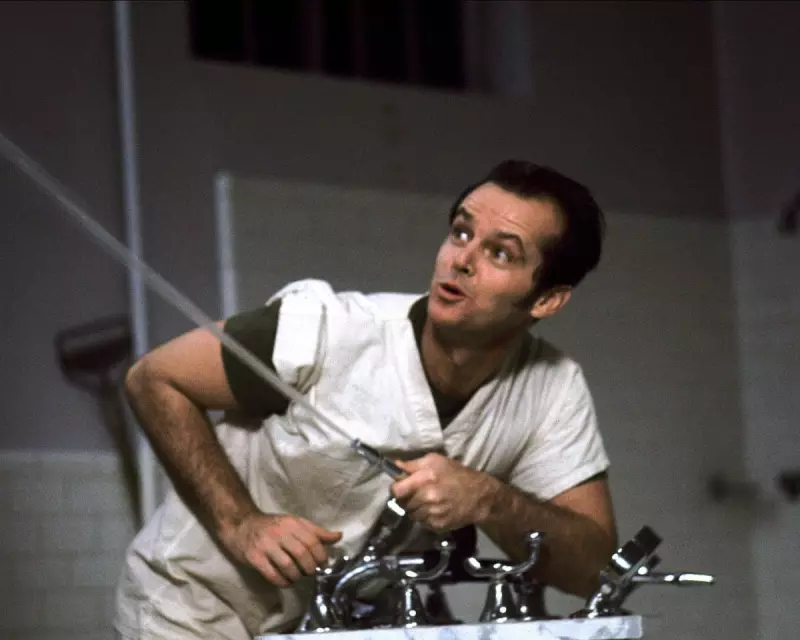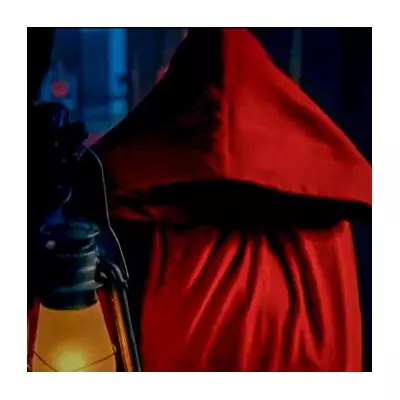
Fifty years after its release, One Flew Over the Cuckoo's Nest remains one of cinema's most powerful statements against conformity and institutional control. The 1975 drama achieved what few films have managed before or since - winning all five major Academy Awards, including Best Picture, Best Actor for Jack Nicholson, Best Actress for Louise Fletcher, Best Director for Miloš Forman, and Best Adapted Screenplay.
The Unlikely Oscar Triumph
When examining the three films that have accomplished the rare feat of securing the "Big Five" Oscars - alongside It Happened One Night and The Silence of the Lambs - Cuckoo's Nest stands out as perhaps the most surprising across-the-board winner. While the other two films represented rarely awarded genres (romantic comedy and horror respectively), making their victories somewhat clearer as genre exemplars, Forman's adaptation of Ken Kesey's 1962 novel presented something much more complex.
The film operates as both comedy-drama and allegory, masking its potent anti-conformity message within what appears to be a story about patients in a mental health facility. This spirit of 1960s rebellion, adapted for 1970s cinema, clearly resonated with Academy voters despite its potentially thorny subject matter.
Nicholson's Defining Performance
At the heart of the film's enduring power lies Jack Nicholson's layered performance as Randle McMurphy, a convict who fakes mental illness to avoid prison work camp. While the character could easily have become a simple romantic rebel, Nicholson brings remarkable depth to the role. His McMurphy is simultaneously caricatured and haunted, with the actor's trademark mannerisms perfectly suited to the character's rebellious nature.
The film's pivotal moment comes during the aftermath of an illicit ward party, where Forman holds a closeup on Nicholson's face as McMurphy contemplates his planned escape. The actor conveys a profound sense of lostness beneath the character's bravado, foreshadowing the tragic conclusion where McMurphy receives a lobotomy as punishment for his rebellion.
Nurse Ratched's Quiet Tyranny
Opposing McMurphy stands Louise Fletcher's unforgettable Nurse Ratched, whose performance earned her the Best Actress Oscar. Though technically a supporting role in terms of screen time, Fletcher creates one of cinema's most chilling authority figures through understatement rather than showboating. Her Ratched rarely raises her voice, instead maintaining control through quiet officiousness and psychological manipulation.
Her most devastating moment comes when she confronts the timid Billy Bibbit, played by Brad Dourif, about his encounter with a prostitute. Rather than focusing on rule-breaking or safety concerns, she simply asks: "Aren't you ashamed?" This use of shaming as a control mechanism remains one of the film's most resonant themes, reflecting how authority figures often demand conformity while refusing accountability themselves.
Enduring Legacy and Modern Relevance
Five decades later, the film's influence persists in unexpected ways. Its celebration of male-centric rebellion through parties and self-destruction clearly inspired later works like Animal House, though without the earlier film's tragic dimensions. The movie's treatment of mental health has drawn more scrutiny over time, particularly its suggestion that conditions like Billy's stammer could be overcome through sheer willpower.
Yet the core message of resisting oppressive systems continues to resonate. The film's 1975 Oscar competitors - including Jaws, Dog Day Afternoon, and Nashville - each told distinct American stories, but Cuckoo's Nest managed to combine specific institutional critique with universal themes of individuality versus conformity.
As Chief smothers the lobotomized McMurphy and makes his own escape in the film's powerful conclusion, we're left with McMurphy's earlier declaration: "I tried, didn't I? Goddammit, at least I did that." This spirit of attempted rebellion, even in defeat, ensures that half a century after its release, One Flew Over the Cuckoo's Nest remains a touchstone for anyone who has ever fought against systems designed to break their spirit.





